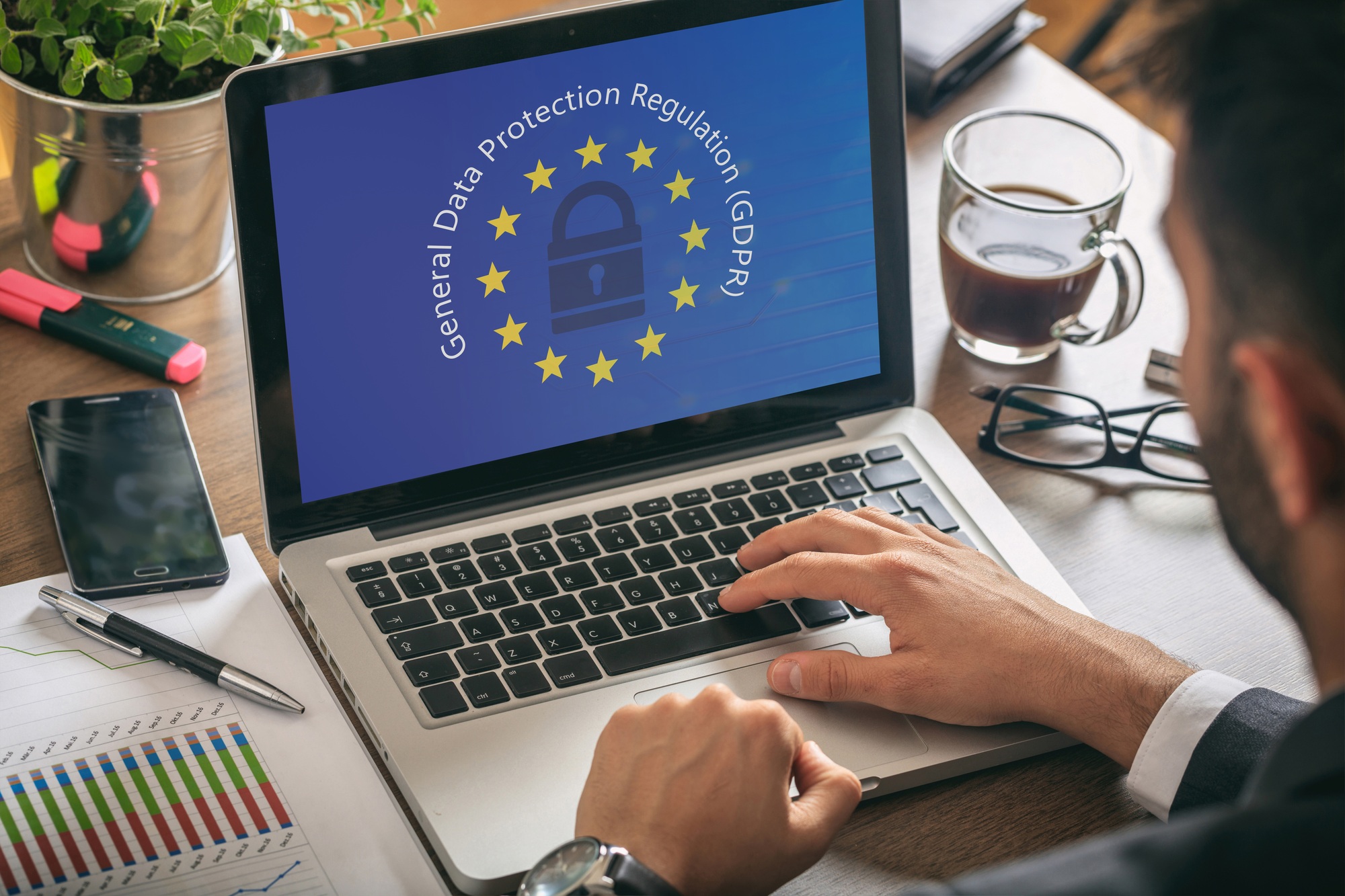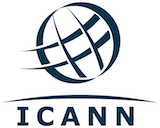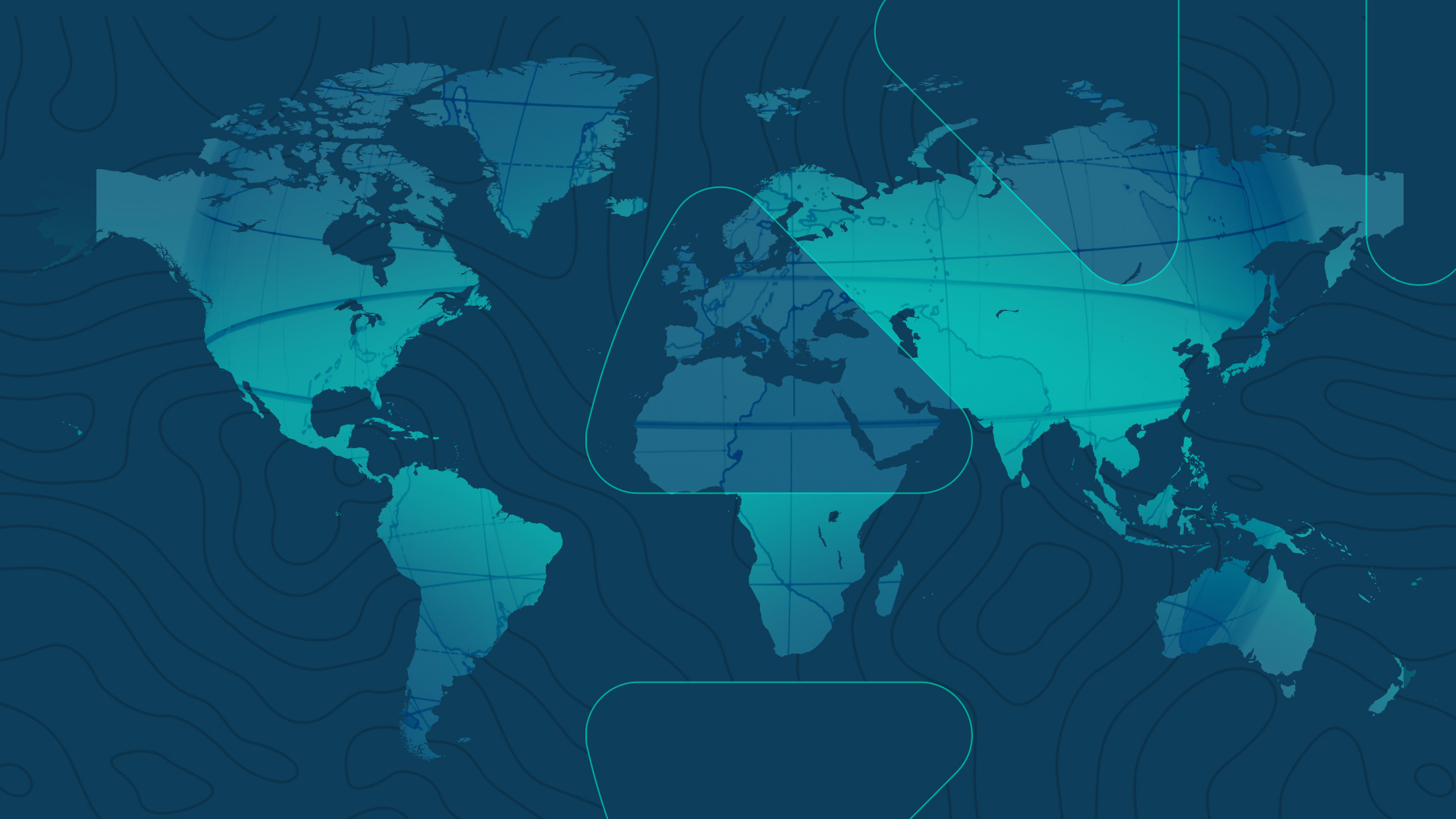APC and Derechos Digitales warn that AI governance must protect cultural rights and diversity
A joint submission by the Association for Progressive Communications (APC) and Derechos Digitales urges UN human rights experts to ensure that artificial intelligence policies uphold cultural rights, safeguard marginalised communities and prevent the reinforcement of historical inequalities.









